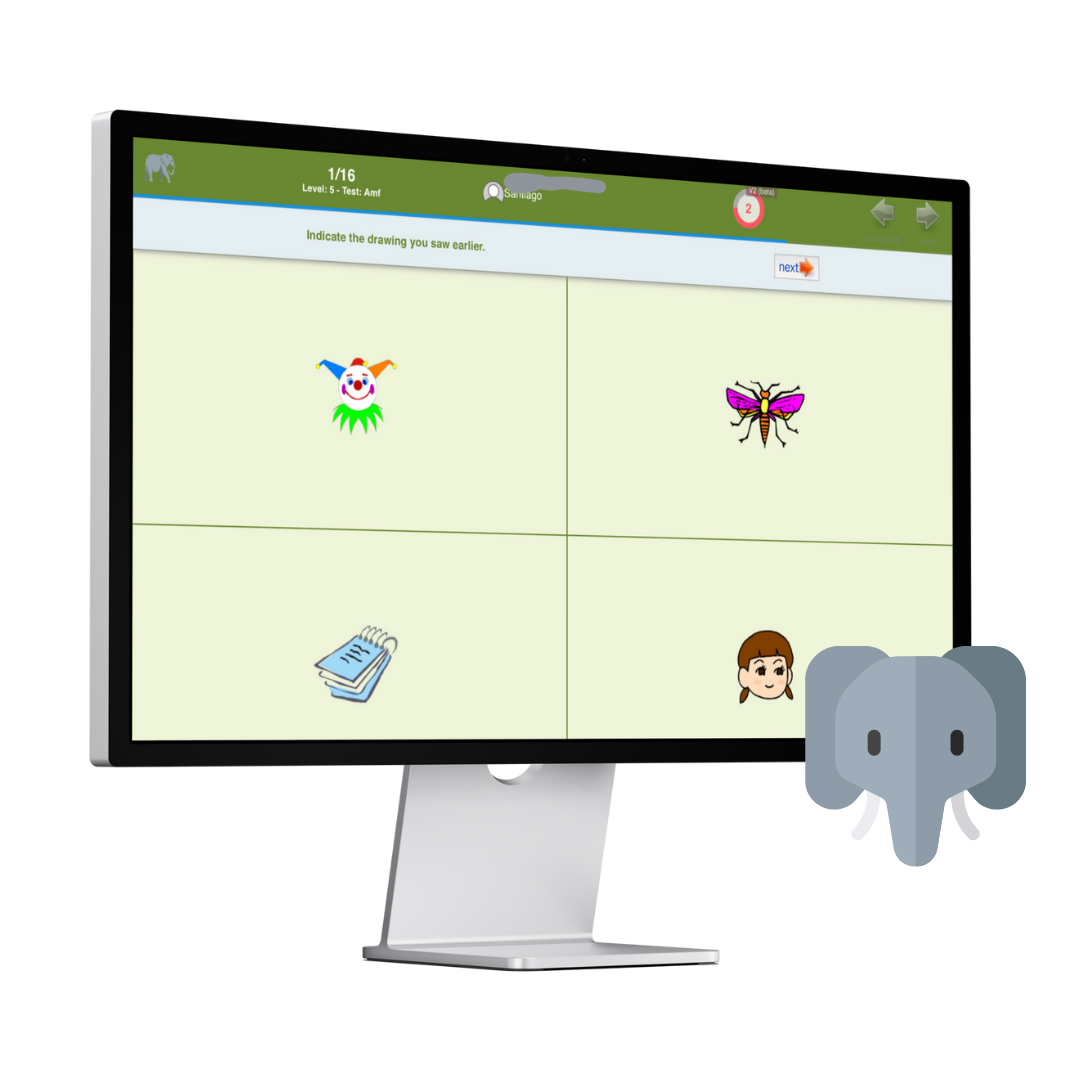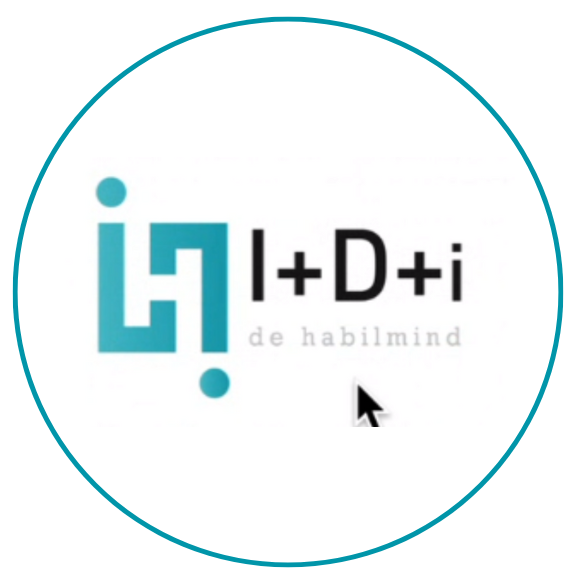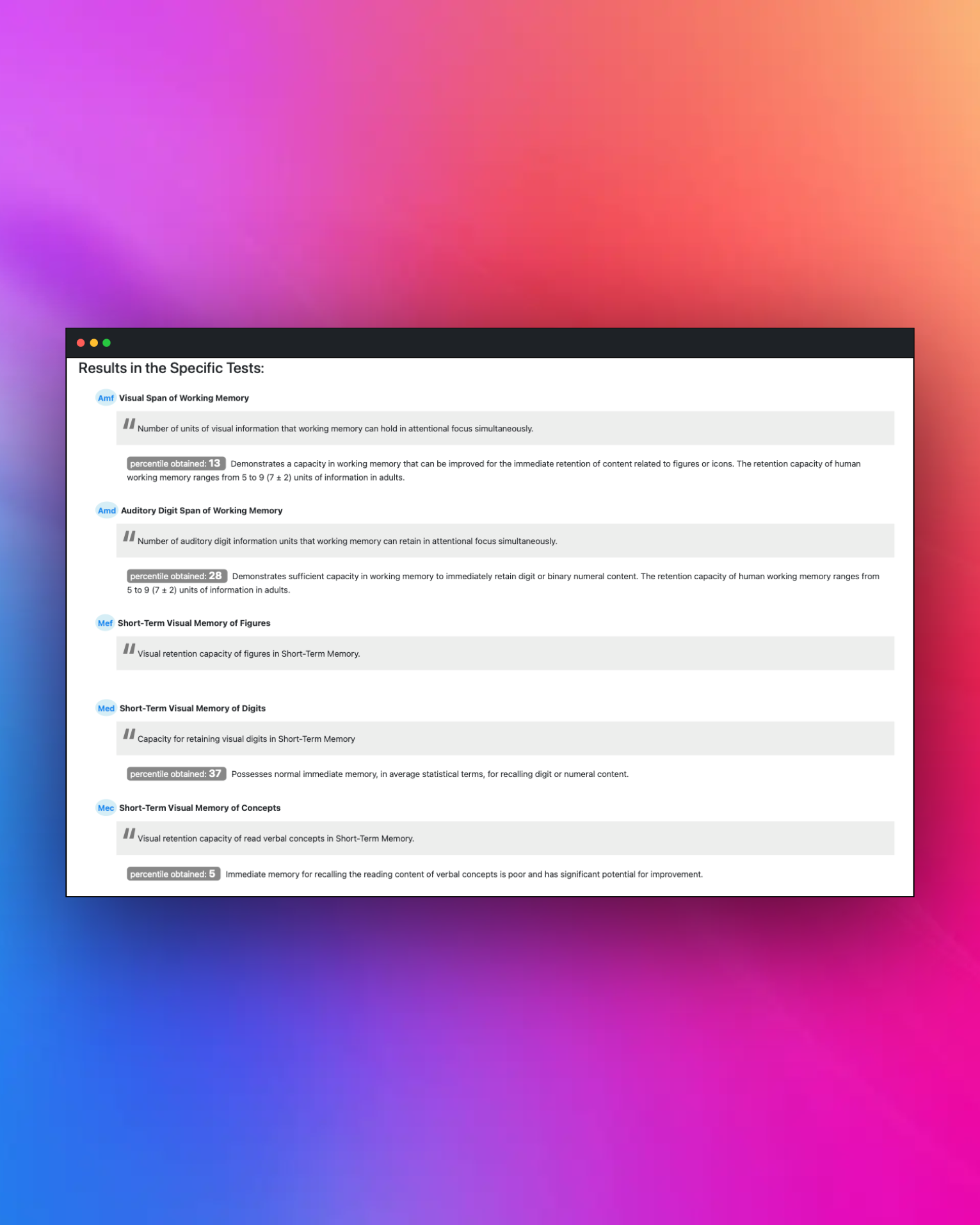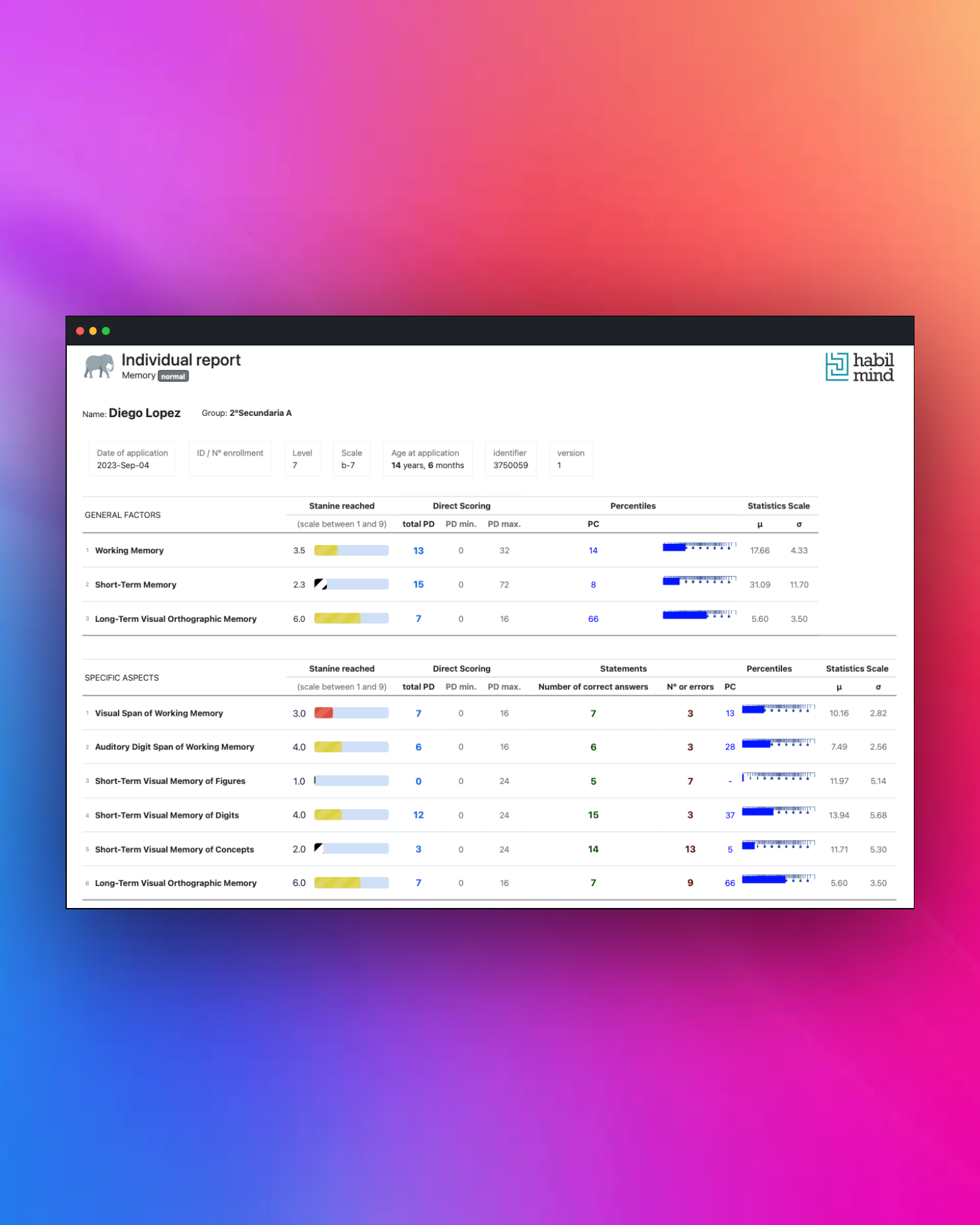Memory
Memory Analysis Tool
Memory enables educational institutions to assess the development of the cognitive skill known as memory, providing reports and practical recommendations.
ℹ️Application: Collective and individual
🕓Duration:
- Level 1 & 2: 21 minutes
- Level 3: 38 minutes
- Level 4 and above: 47 minutes
✅Applicable age: 3 years 6 months to adults

Authors

Carlos Yuste
Author of the most widely used cognitive test in the Spanish-speaking world for over 30 years: BADYG.

David Yuste
Psychology specialist and developer and instructor of digital whiteboards, Office tools, Google tools, and design.

Habilmind R&D&I Team
Habilmind team dedicated to educational innovation.
What does your school obtain from this tool?
01
Enables
The assessment of one of the most important cognitive functions.
02
Identify
The real needs of the evaluated student.
03
Intervene
Proactively.
04
Provide
Personalised support based on the results.
05
Assess the impact
Through the re-administration of the tool.

Problems you prevent (or mitigate) when using Memory
1.Difficulties in understanding and retaining information: Memory is essential for processing, storing, and retrieving information. By identifying potential memory issues, students can receive targeted support and training to enhance their ability to comprehend and retain academic material.
2.Poor performance in exams and assessments: Memory problems can hinder test performance, making it difficult for students to recall necessary information. Addressing these challenges through specific memory improvement strategies can enhance academic assessment outcomes.
3.Lack of motivation and frustration: Struggling with memory can lead to feelings of discouragement and frustration in students. Providing them with tools and techniques to strengthen their memory can boost their self-confidence and motivation to approach academic challenges with a positive mindset.
4.Difficulties in organisation and planning: Improving memory skills enables students to be more effective in organising their schoolwork and planning their study activities, leading to greater efficiency and academic success.
On which platforms of the Habilmind Ecosystem is this tool available?
Useful links
Authors
Explore the contribution of the key author in the development of the Learning Styles test. Read more
Try it for free, with no obligation
Request access to the tool through the "FREE REGISTRATION" button to explore it first-hand.
(*) Free trials are available for schools, colleges, institutes, universities, clinical psychologists, and researchers.









